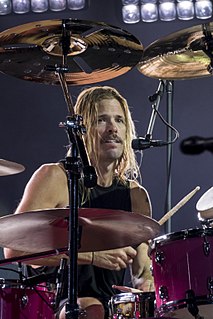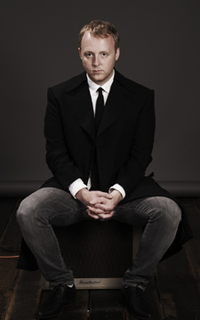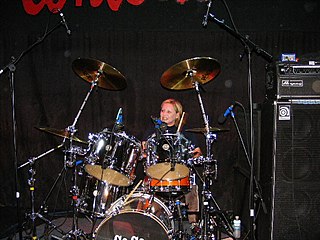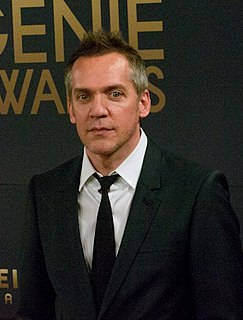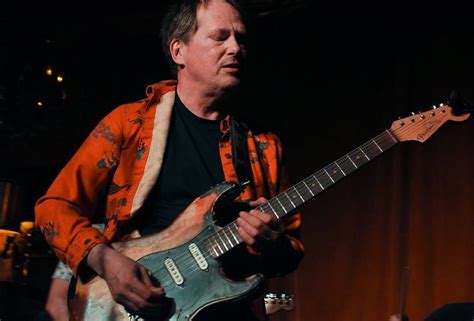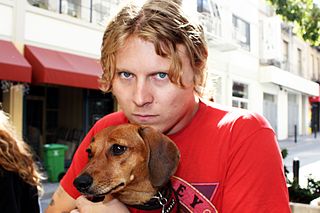A Quote by Roger Waters
That one record changed everything for me. After Sgt. Pepper, it's the most influential record in the history of rock and roll. It affected Pink Floyd deeply, deeply, deeply. Philosophically, other albums may have been more important, like Lennon's first solo album. But sonically, the way the record's constructed, I think Music from Big Pink is fundamental to everything that happened after it.
Related Quotes
I was born in 1963. So the '70s were my teenage years. As a teenager, I was into rock and roll - Bowie, Rolling Stones, Pink Floyd, even more progressive music like Genesis, and I was into a lot of British rock and roll. But I loved also American rock and roll. CCR, Jimmie Hendrix, The Doors, Patty Smith, and Bob Dylan.
I struggled with the pressure of having the successful record after the first record. Second album syndrome. I'm living proof; it's very real. It was like a psychological battle to be creative. I used to never feel pressure to be creative; it's always just been a fun thing. And then suddenly it's my job, and people are asking, 'Where's the record?'
When I get 13 or 14 years old, I get crazy with rock music, like, like, deeply crazy. And one of my favorite bands at that moment was, for example, like - bands like Metallica or Led Zeppelin, Black Sabbath, Pink Floyd and Santana, you know? And then I start to play metal, actually, when I was - at the age of 15.
I really like to think of each record as its own thing. So, for sure, but I hate the idea of being stuck in anything. Like I want to do a Hawkwind-style record too, or a noise rock record or a hardcore record. Why not, you know? I would just not want to keep heading too far in one direction, without pulling off and going the other way. That is what is fun for me.
That was an idea of the record company, and also that was my first album after MCA and we wanted to come back with a strong album that would be noticed. If we put the vocals by very talented people and very meaningful songs, then the vocals would be a platform so that I could be noticed again. All of the MCA albums were just loaded with problems -- you know, the right musicians, the engineers. The record company would say 'You have to make music for black radio, you can't do what you have been doing with The Crusaders.' Everybody was telling me that was over, finished, done.
I got into music by happenchance and luck and wearing a t-shirt with "I hate Pink Floyd" on it. The irony has never failed to amuse me ever since because I didn't hate Pink Floyd at all! And yet you have an entire range of people out there believing that the best thing you can do in life is to hate Pink Floyd. Come on, It's because it's the world I live in!
Early on, before rock 'n' roll, I listened to big band music - anything that came over the radio - and music played by bands in hotels that our parents could dance to. We had a big radio that looked like a jukebox, with a record player on the top. The radio/record player played 78rpm records. When we moved to that house, there was a record on there, with a red label. It was Bill Monroe, or maybe it was the Stanley Brothers. I'd never heard anything like that before. Ever. And it moved me away from all the conventional music that I was hearing.
I really like to think of each record as its own thing. So, for sure, but I hate the idea of being stuck in anything. Like I want to do a Hawkwind-style record too, or a noise rock record or a hardcore record. Why not, you know? I would just not want to keep heading too far in one direction, without pulling off and going the other way.

